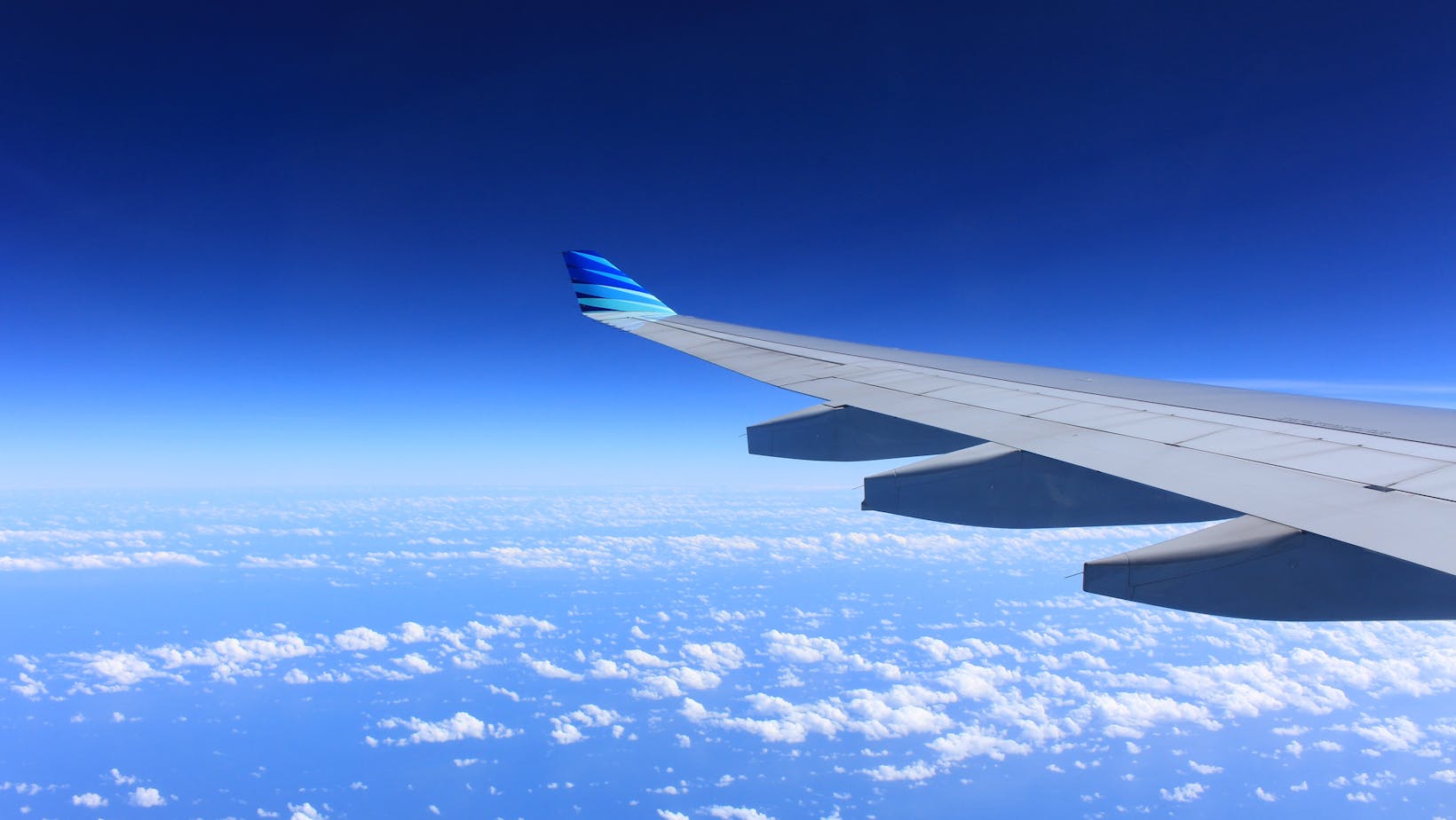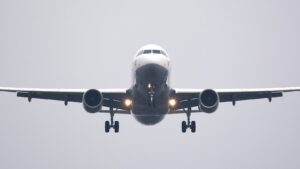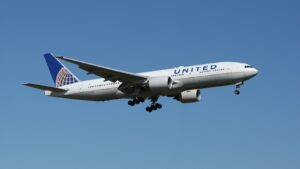As an avid traveler and seasoned flyer, I’ve picked up on a phrase that’s become quite meaningful to me – safe flight and take care Artinya. It might seem simple at first glance but it holds depth in the world of aviation. Safe flight implies not only a smooth journey but also entails all the safety measures put in place by airlines for our wellbeing. It’s a wish for passengers to experience no turbulence, delays or discomfort during their travel.
“Take care”, on the other hand, extends beyond just the duration of the flight. It’s about being mindful of one’s health and safety even after landing. The phrase is a reminder to look after oneself while navigating through foreign lands or returning home from an exhausting business trip.
When combined, safe flight and take care Artinya becomes more than just words; it encapsulates my hopes for every traveler out there – wishing them safe skies when they’re high above ground and extra caution when they’re exploring new territories or coming back home.
Safe Flight and Take Care Artinya
When it comes to wishing someone well before they embark on a journey, we often resort to phrases like “safe flight” or “take care”. These expressions are rich in sentiment and convey our concern for the individual’s well-being. But let’s dive into these sayings a bit more, shall we?
First off, “safe flight.” This is usually expressed towards someone who’s about to travel by air. It’s a warm way of saying you hope their journey goes without any hitches – that the weather stays clear, the plane operates smoothly, and they arrive at their destination safely.
Now onto “take care.” A common phrase used universally across cultures and languages. It bears an undercurrent of affection and worry. When I tell you to take care, I’m essentially expressing my desire for your overall safety and well-being. Whether you’re stepping out for groceries or moving halfway across the globe, it applies just as strongly.
Interestingly enough, these phrases hold particular weight in today’s world where traveling can often be fraught with uncertainties. Let’s look at some statistics:
| Year | Number of Air Travelers (in billions) |
|---|---|
| 2019 | 4.54 |
| 2020 | 1.8 |
As evidenced by data from Statista.com, there was a significant drop in air travelers from 2019 to 2020 due to global events affecting travel safety perceptions.
- In this context
- Expressing safe travels
- Becomes even more important
So next time when you bid someone adieu with a heartfelt ‘Safe flight’ or ‘Take care’, know that these simple words pack in much more than just casual goodbyes; they echo empathy, warmth and genuine concern for one another’s welfare.
Cultural Significance of Saying “Safe Flight” and “Take Care”
I’ve always found it fascinating how certain phrases can hold so much weight in our cultural conversations. Take, for example, the simple act of saying “safe flight” or “take care.” Now, you may be wondering what’s so significant about these seemingly ordinary phrases.
Well, let me tell you – they’re far from ordinary.
To start with, wishing someone a safe flight and take care Artinya isn’t just about ensuring their physical safety during air travel. It’s also an expression of concern and affection. It says, “I care about your wellbeing,” even when you’re miles high in the sky. It’s a small but meaningful gesture that can bring comfort to those who might feel anxious about flying.
Onto the phase “take care.” Commonly used as a parting phrase, it’s more than just a casual goodbye. When we tell someone to take care, we’re expressing our hope that they stay safe in whatever they do until we meet again. We’re subtly reminding them that there are people who value their well-being and are looking forward to seeing them again soon.
In different cultures across the globe:
- In Japan, people say お元気で (O-genki-de), which translates to ‘stay healthy.’
- The French use Prends soin de toi meaning ‘take care of yourself.’
- While in Spanish-speaking countries like Spain and Mexico, Cuidate is commonly used.
These phrases form part of our routine exchanges but carry profound implications on human relationships and emotional connections. So next time you wave off someone at the airport or end a phone call with a loved one, remember – these aren’t just words; they’re expressions of caring deeply ingrained in our cultures worldwide!
How to Properly Use “Safe Flight” and “Take Care” in Different Scenarios
When it comes to parting words, there’s a fine art to choosing the right phrase for the situation. Two popular options are “safe flight” and “take care”. The key is knowing when and how to use each of them.
Let’s talk about saying “safe flight”. This phrase is typically used when someone you know is about to embark on a trip by air. It’s a shorthand way of wishing them an uneventful journey, free from delays or issues. For instance, if your friend has a business meeting across the country, you might say, “Safe flight! Hope you make it in time for your presentation.”
On the other hand, we have “take care”. This expression can be used in almost any context as it simply wishes well-being upon another person. Whether they’re going on vacation, starting a new job, or dealing with illness – “Take care” works perfectly. Picture this: your colleague just got promoted and will be moving departments. You could say: “Congratulations on the promotion! Take care in your new role.”
But what if both phrases apply? Occasionally, you’ll come across situations where either could work. Suppose your sibling is flying out for college; you could opt for either “Safe flight – can’t wait to see your dorm!” or “Take care at university!”
Remember though that language isn’t one-size-fits-all – context matters immensely! While these tips provide general guidance on using these phrases appropriately, always consider personal relationships and specific circumstances before deciding which phrase suits best.





